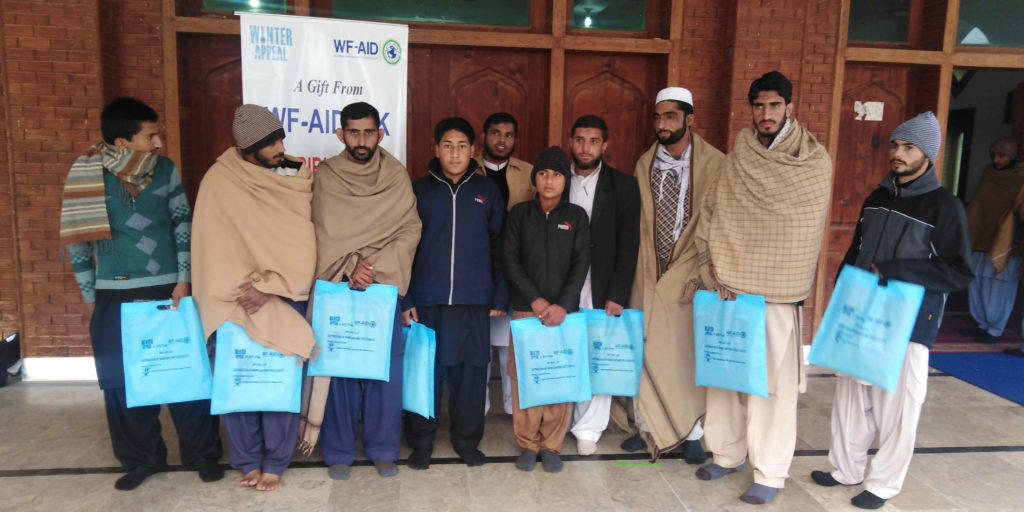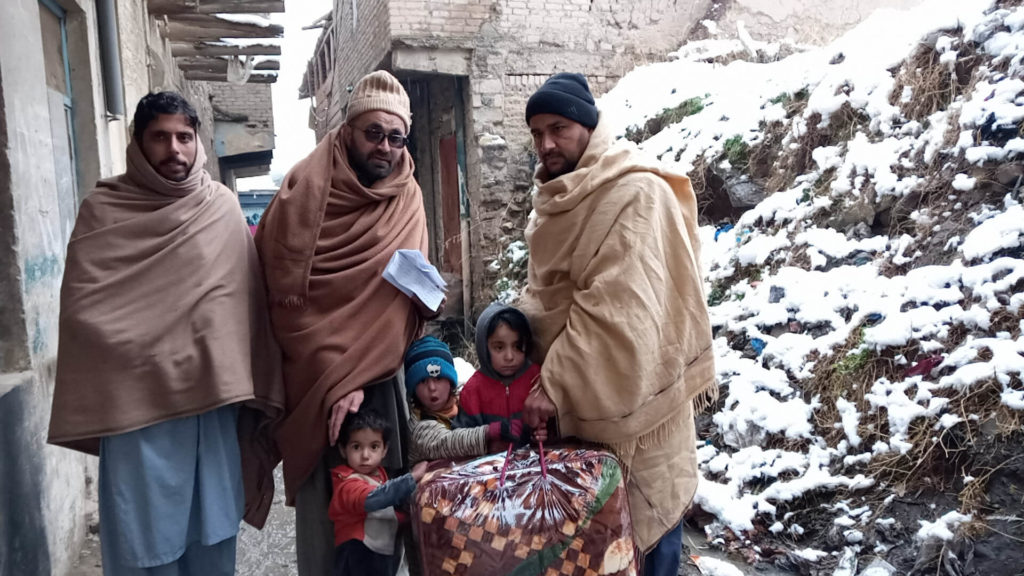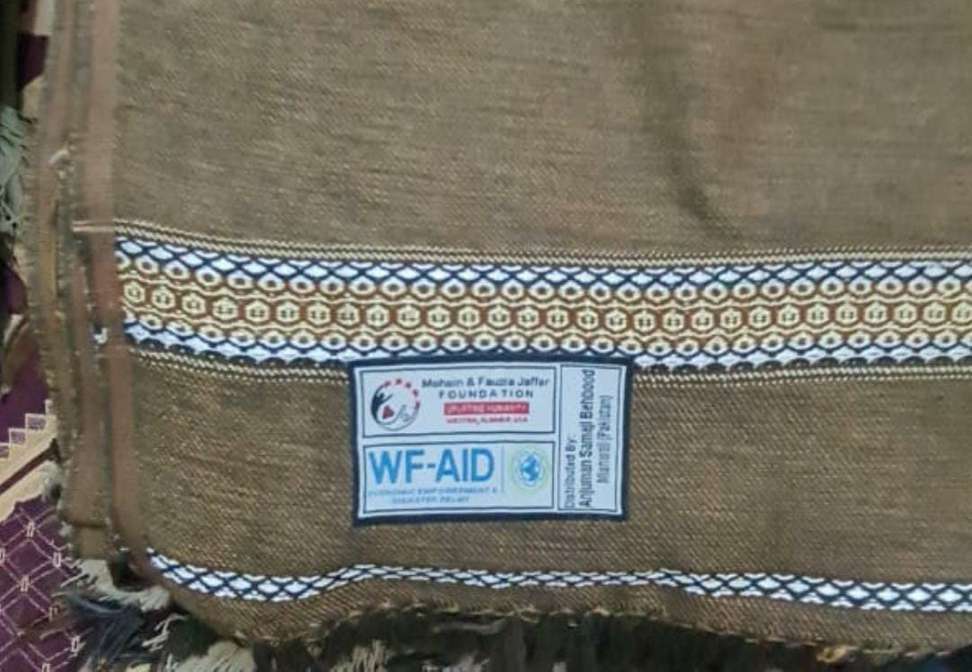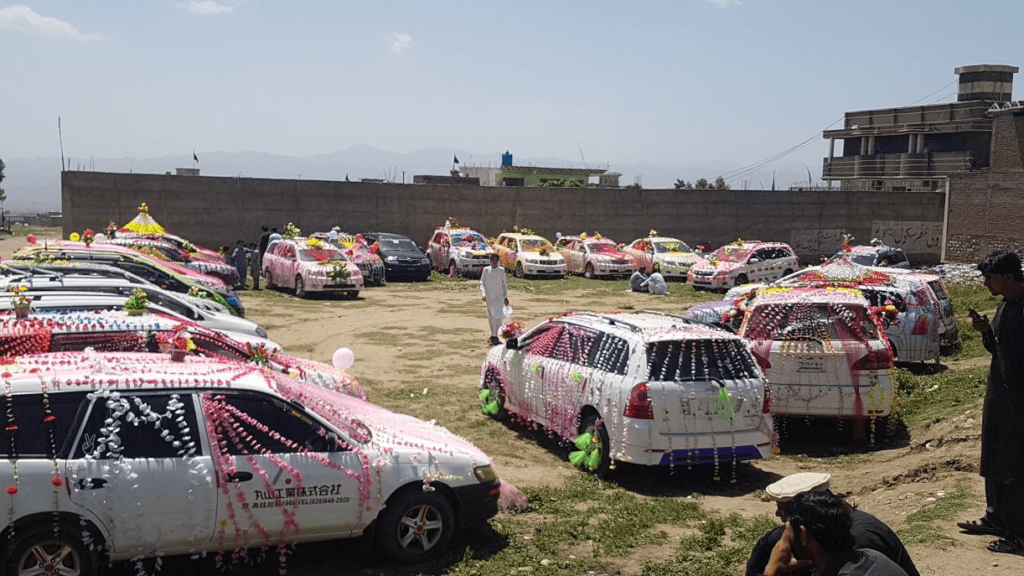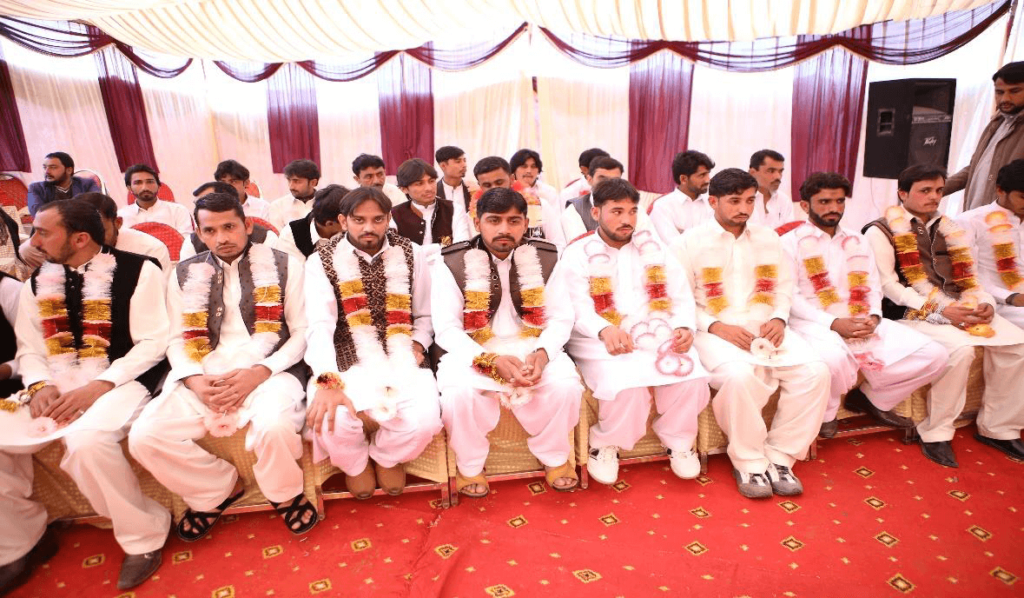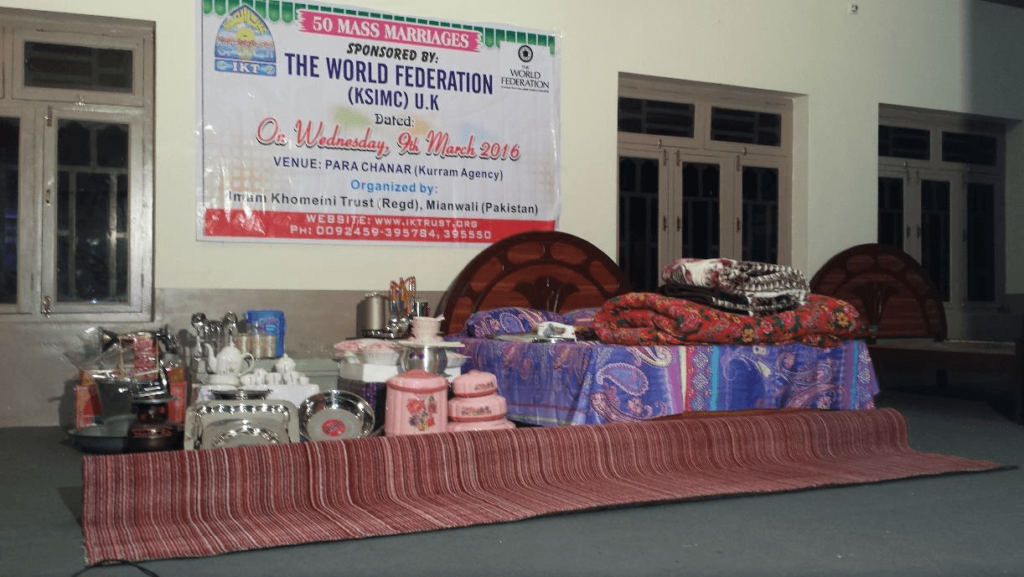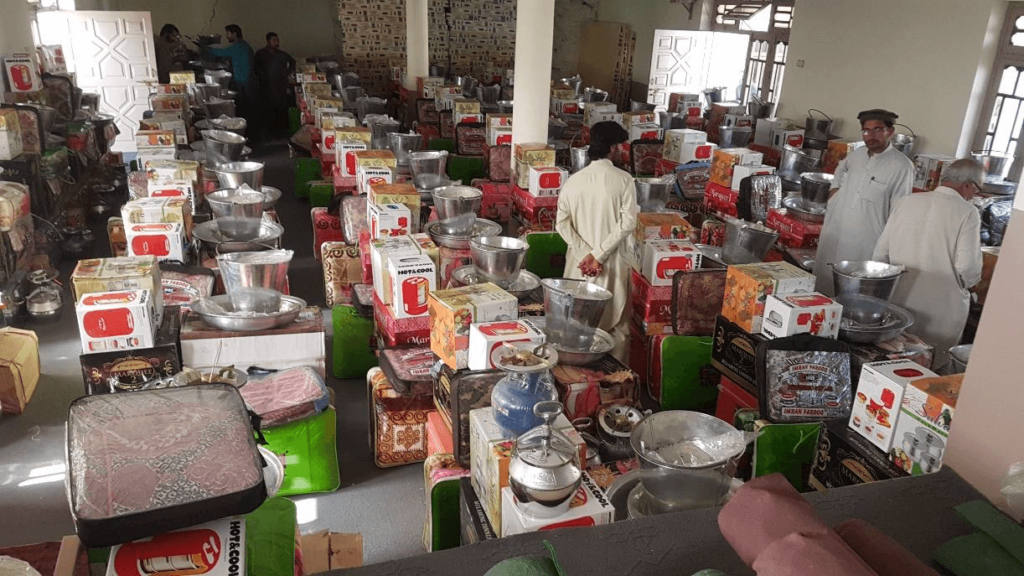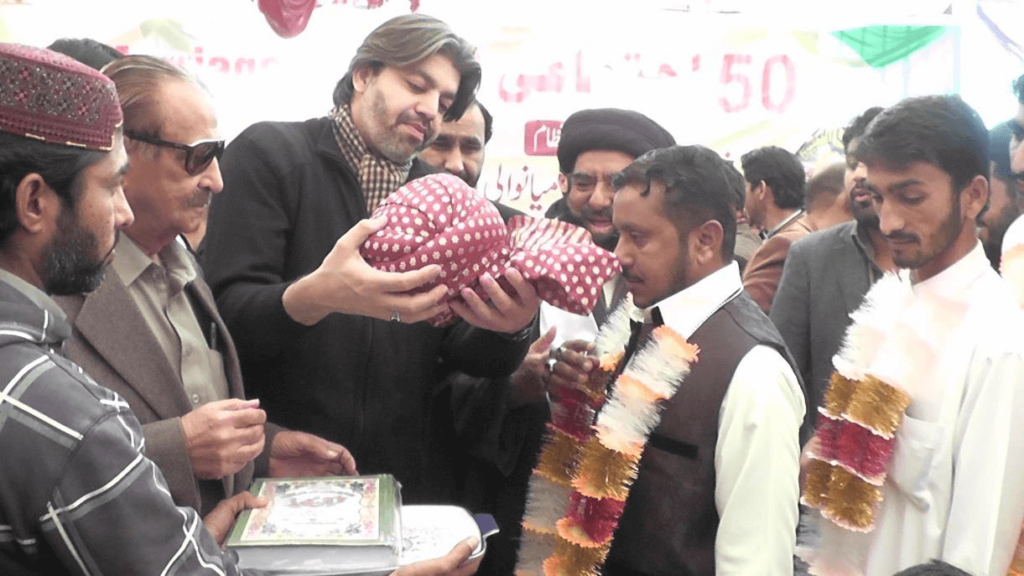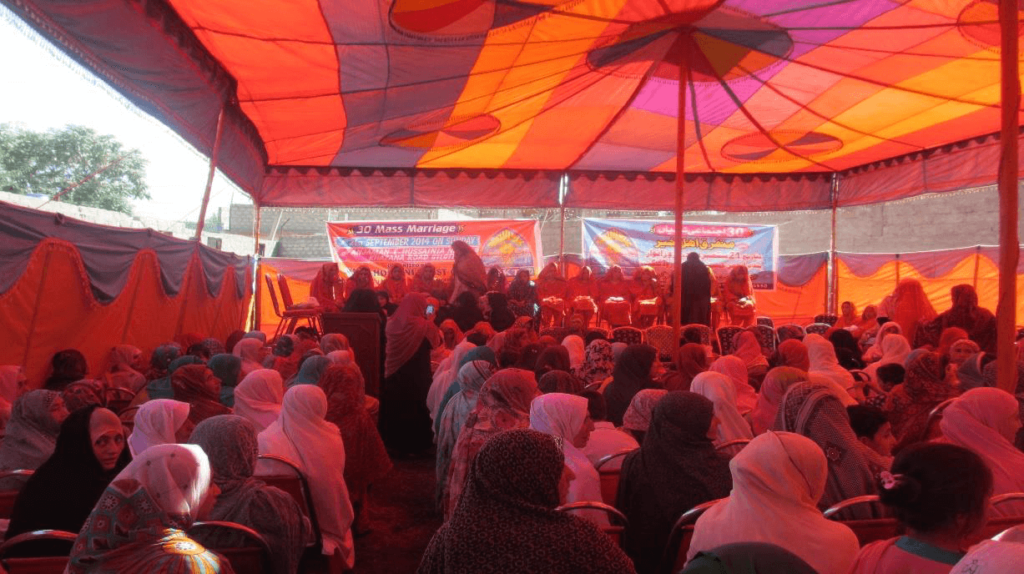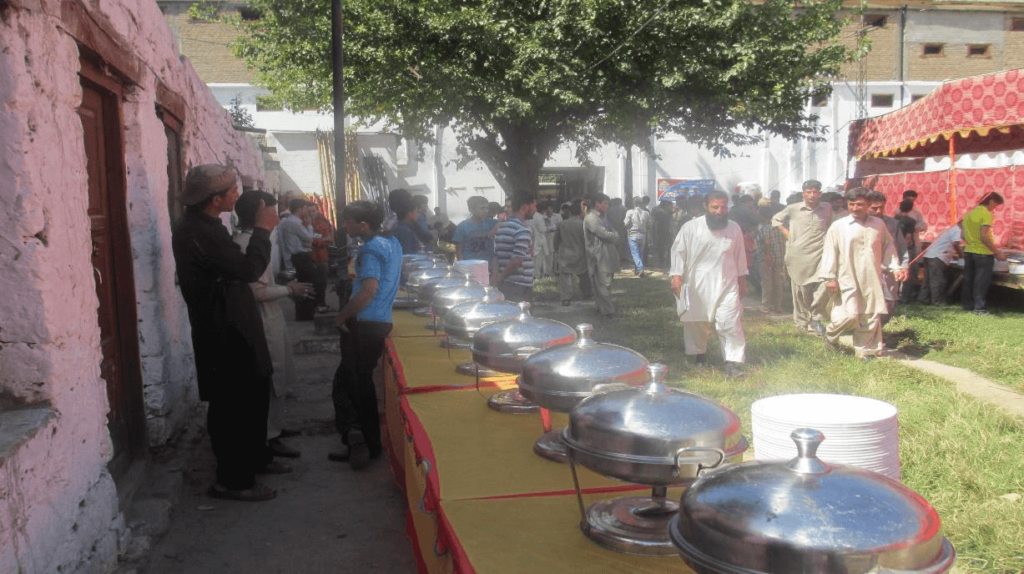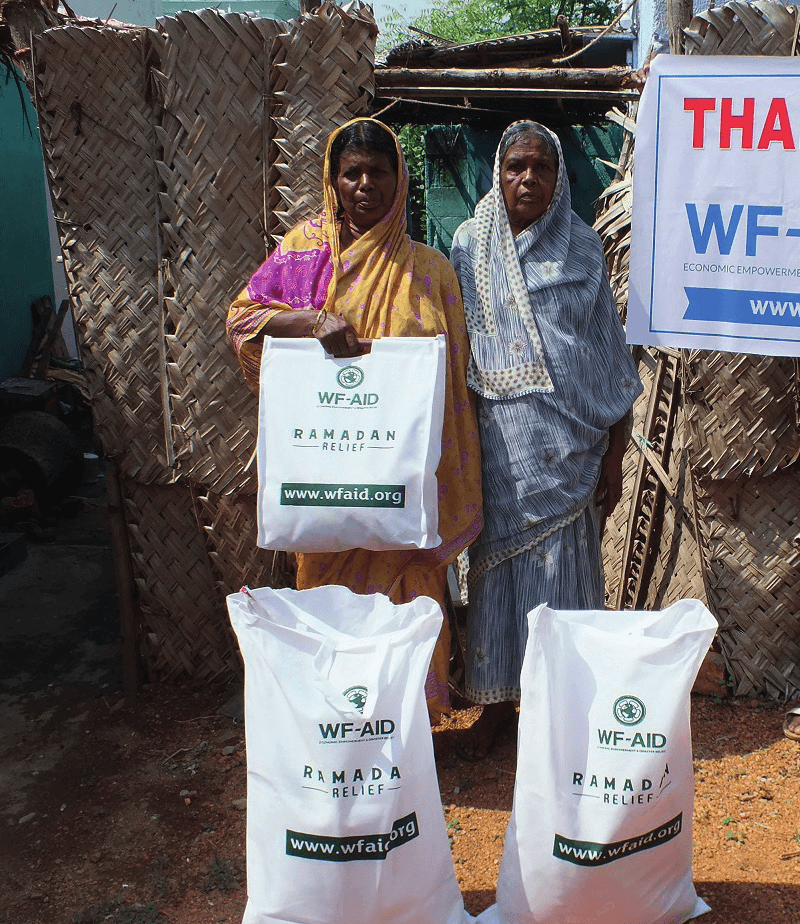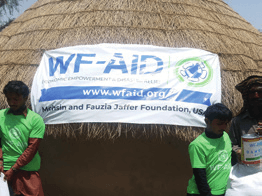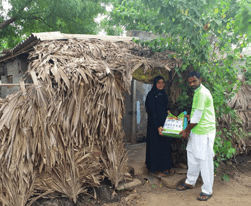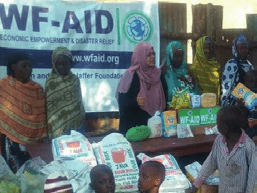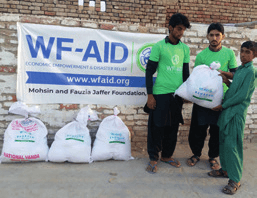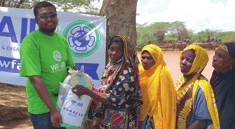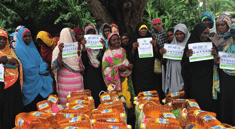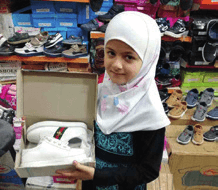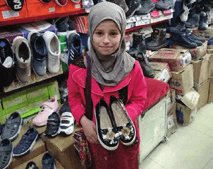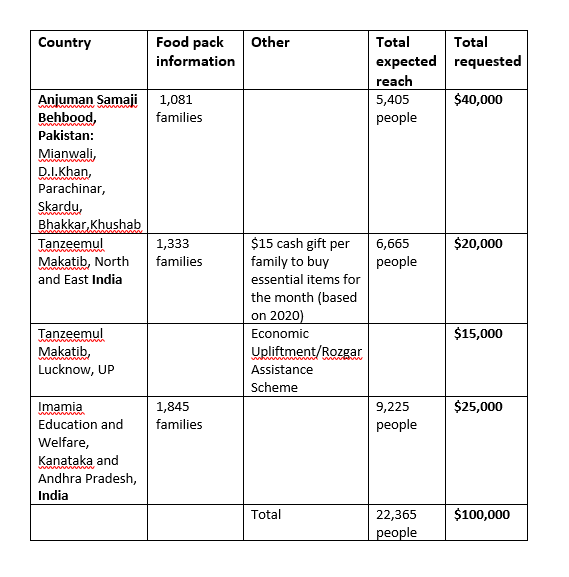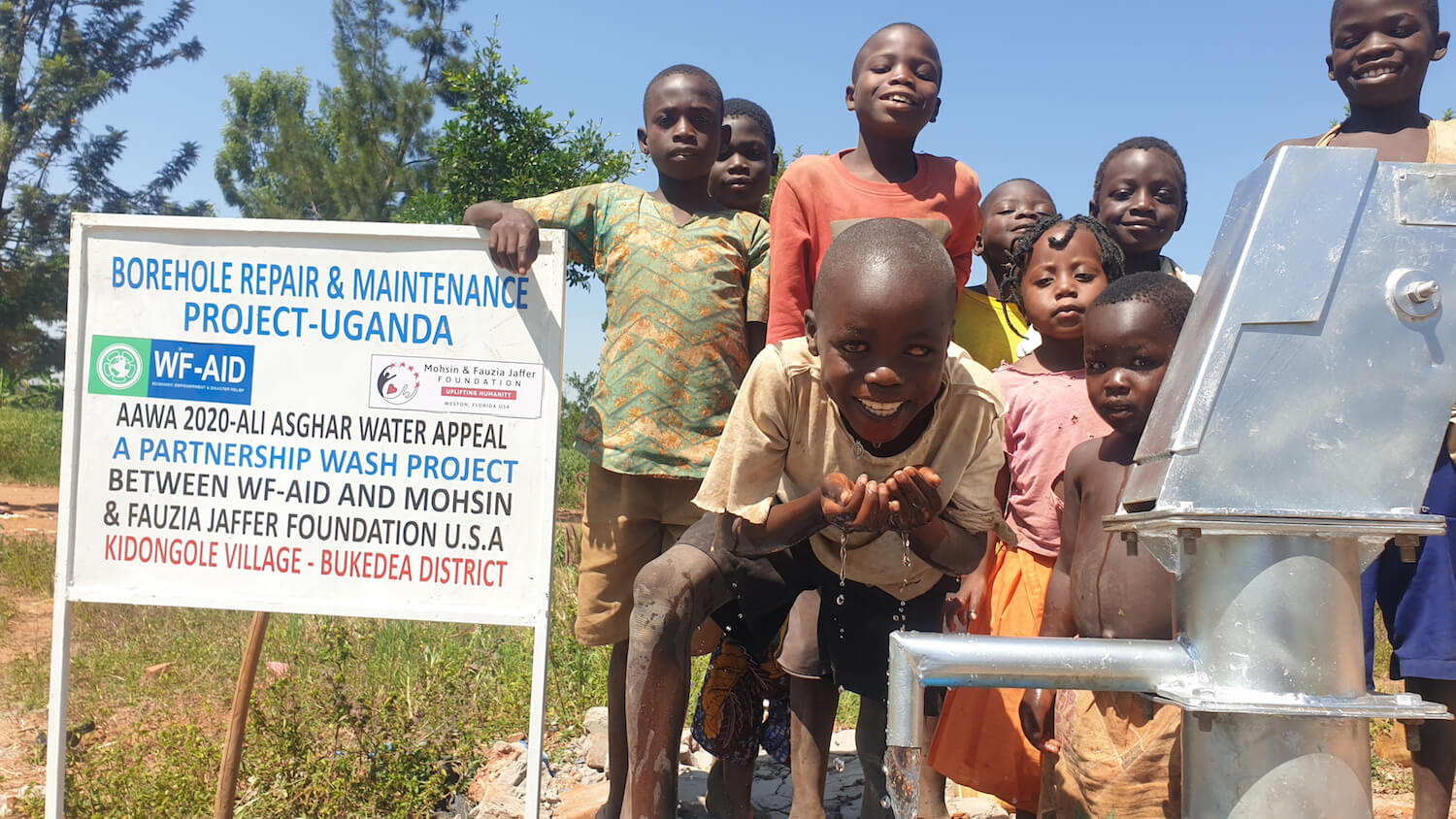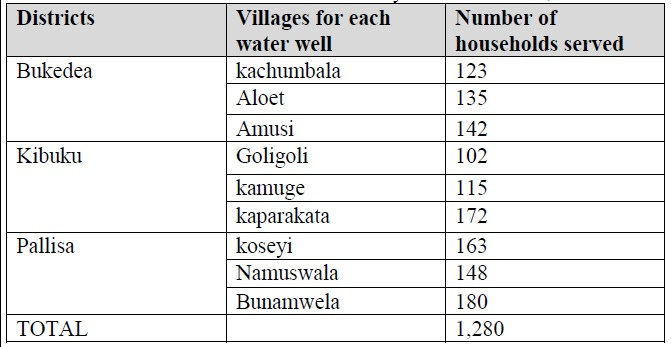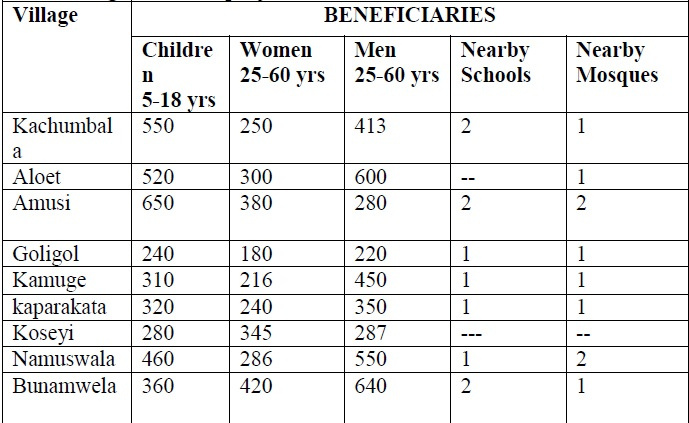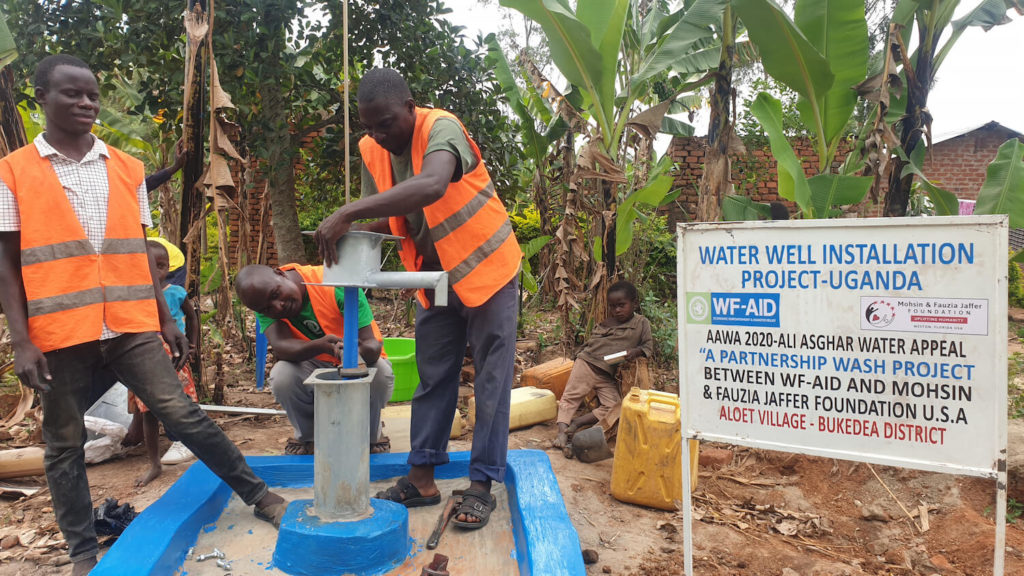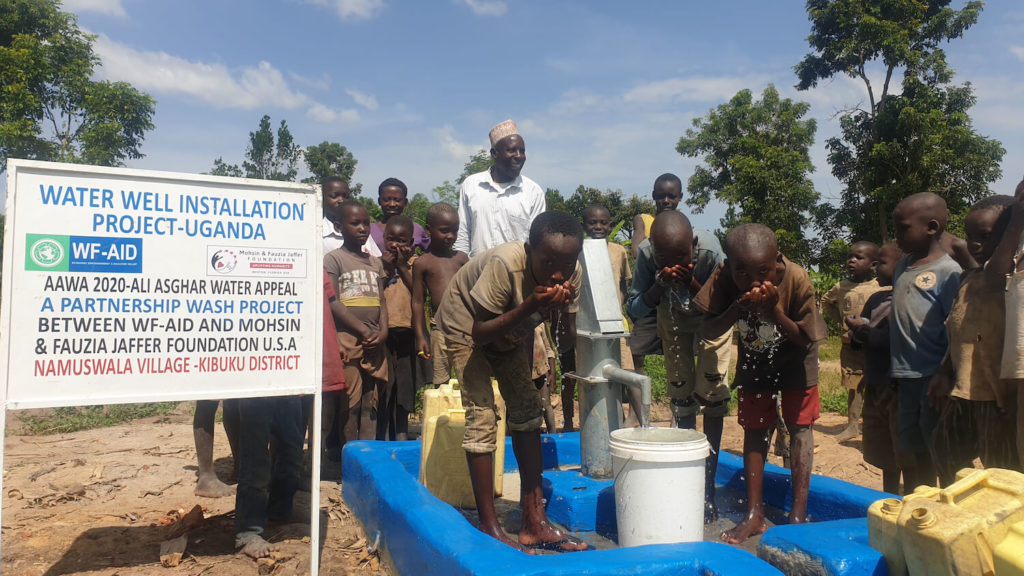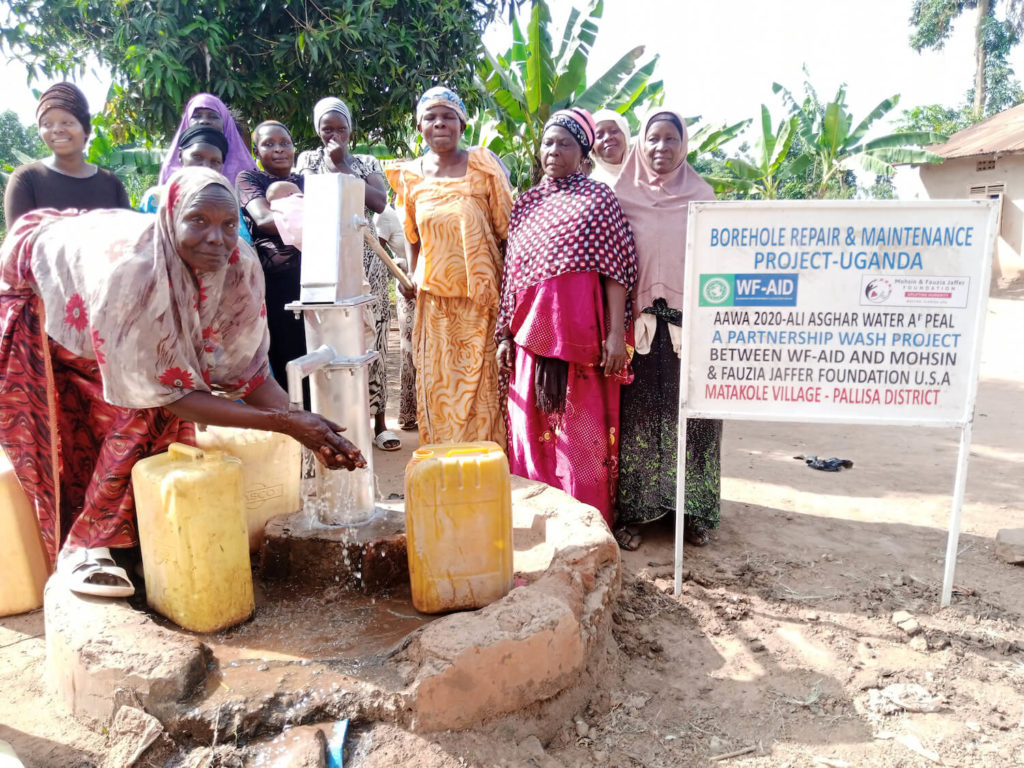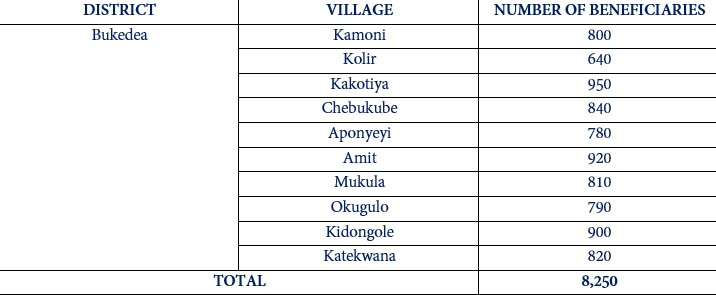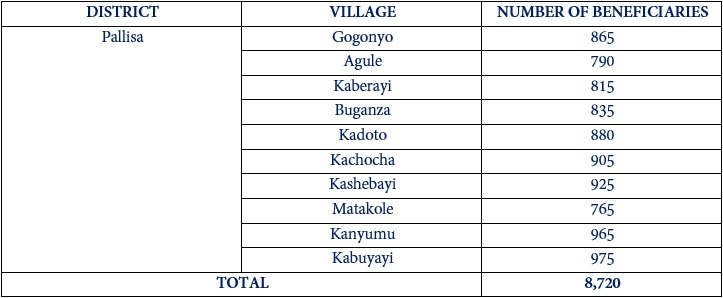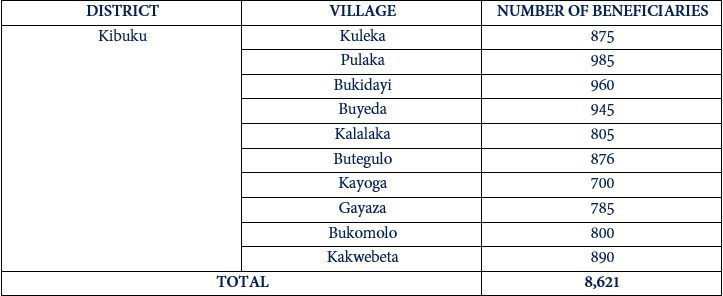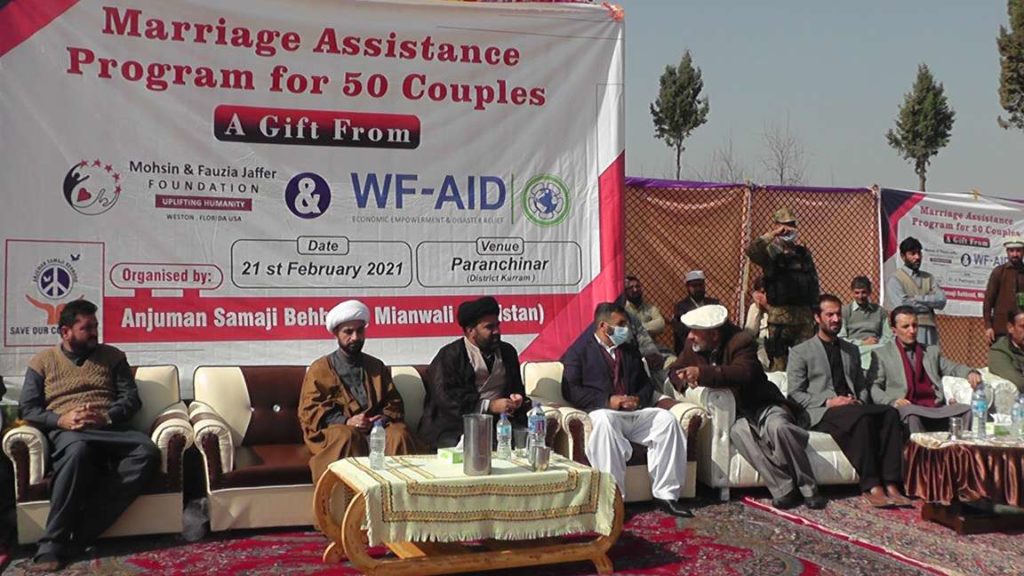
WF-AID would like to show its appreciation to the Mohsin & Fauzia Jaffer Foundation USA for its continued support towards a wide range of initiatives in uplifting humanity – from water projects, winter relief, food packs for Ramadan and much more. A recent project in Pakistan, which the Foundation generously contributed USD $35,658 towards,
provided financial assistance for 50 marriages to take place for needy individuals in Parachinar.
These individuals were chosen through a selection process, whereby the families of the individuals wanting to get married notified the implementing organisation in confidence and their application was verified for eligibility with the support of the Ulama-e-Karam. From the marriages, 80% of the couples belonged to near relatives of those that had been martyred by sectarian violence conducted by the oppressive Taliban.
Our ground partner worked in conjunction with the “Markaz” in Parachinar to coordinate the ceremony, arrange for the dowry and liaise with the Ulama for the necessary logistics. The date was set as 21st February 2021, where there was a large community function held in an open space (to reduce the risk of COVID-19).
The function started with verses of the Holy Qur’an, then the Master of Ceremony welcomed the guests and thanked The World Federation and Mohsin & Fauzia Jaffer Foundation USA for their valuable support. TV and media were present at the function, who noted the organisations on a national news broadcast for their philanthropic work.
After some speeches, the Nikah ceremonies took place along with some words of wisdom by respected speakers followed by a wedding feast. The grooms were then presented with a list of articles for the dowry.
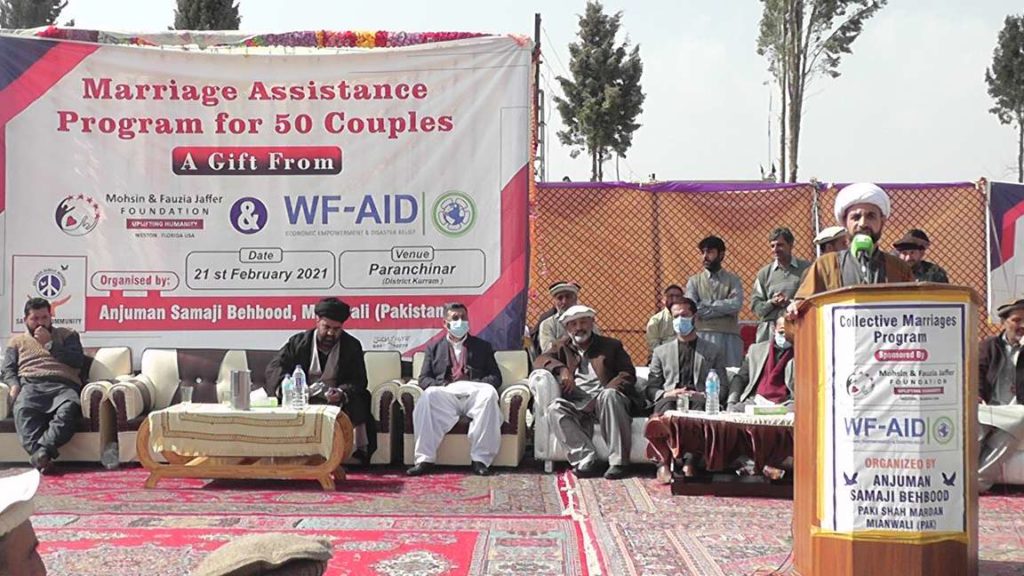
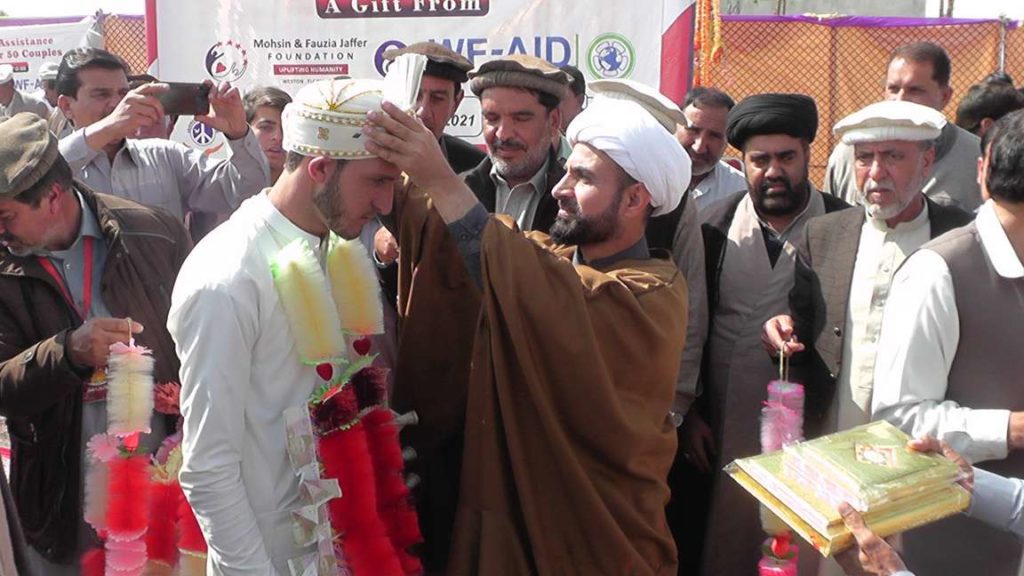
Beneficiary Stories
The following are real-life examples of individuals benefiting from the MAP.
Imtiaz Hussain
I am a resident of a tiny village situated near Parachinar. I belong to Afghanistan tribe named Hazara. We were living a peaceful life in Bamiyyan area of Afghanistan. Approximately 18 year ago, Taliban terrorists attacked our village with guns and heavy armour. During this battle, many our men were martyred. Only women and children were able to rescue their lives. I was one of them. Black days in my life started from that day. Our homes were also destroyed.
Wandering for almost a year, we finally reached Parachinar. With cooperation of local Shia brothers, we were able to live in an open spaced tent. Up to now I have lost everything. I lost my home, my father, my uncles, my assets, foods everything. In spite of such huge loses and disappointment, I started my life again from zero. I remember the harsh days of winter, when I was without dress, shoes and any warm support which could save me from chilling cold air. I also dreamed to go to school, but this dream could not became real one; as I was elder to my 4 bothers, I had to start my earning at the age of 10. My brothers and my mother were living from my tiny income from the bazar. I am still working in Parachinar bazar to continue our family lives. I am living with my mother and other brothers and sisters in a rented mud house.
As, my elder sister’s age was complete, it was my responsibility to make arrangements for her marriage. In spite of many dreams and wishes in my eyes for her marriages, I could not do anything due to extreme poverty. 20 day ago, I applied for assistance to a welfare organization. Thanks to Allah, almighty my application was accepted.
My sister got a lot of items in the form of dowry from the organization. I was not able to make it possible with in my life. Our family was also very happy that their marriage was attended by so noble dignitaries, scholars and respected personalities. It was a historical function. When my sister was going to her new home, we were also weeping, but this time these tears were not the tear of sorrows, but the tears of happiness. May Allah accept all from those who have helped us, without knowing who we are, and in how much trouble we are.
Wajid Hussain
I am resident of Kanj Ali Zai. We are basically a poor family. Now my father is aged. He cannot not do any hard labour jobs or other hard earning activities. When I became an adult, I started a labour job with a mason in my village. People hesitated to hire me as a worker, because I was very young. I went to Molana Abid Hussaini, told him about my poverty and miserable condition. He asked someone and gave me assistance to earn in the bazar. I kept earning for many years. After that I started a security guard duty at Tehreek Hussaini office.
My parents were aged, they asked me to marry in their lives. We were poor and could not make arrangements of marriage. On the other side, parents of brides were asking repeatedly for marriage. I was very disappointed; I asked for guidance and help from my friend. He said I can do it for you easily. I was shocked that how it can be. He briefed me that every year Anjuman Samaji Behbood make arrangement for poor parents’ daughters’ marriages in the form of Marriage Asisstance Programme – apply for it and Allah would help you on your door step.
I applied in year 2020, and then I was informed that my application is approved and I am being added in MAP of the year 2021. They asked me that your Nikah and Marriage, both would be conducted on 21st February-2021. Thanks to Almighty Allah, that with great cooperation of WF-AID and Mohsin and Fouzia Jaffer Foundation, my marriage has conducted. My parents are very happy. They pray 5 times a day for those angels who have helped us in this big task.
Expenses Breakdown
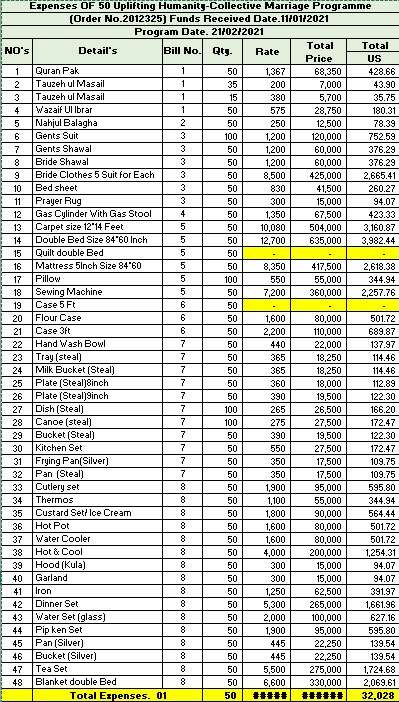

- Total received from MFJ: $35,658
- Total expenditure: $33,272.28 + WF-AID operational expenses: 5% of budget ($33,960) = $1,698.
- Balance: $688 – this will be carried forward to next year’s Marriage Assistance Programme.
The invoices and bills have been verified by WF-AID.
This particular initiative has uplifted humanity by benefited 50 poor couples in ways they may not have previously imagined. They had the opportunity to get married without incurring expenses in a respectable ceremony and acquiring household items – all at the mere cost of less than $715 per couple for everything!
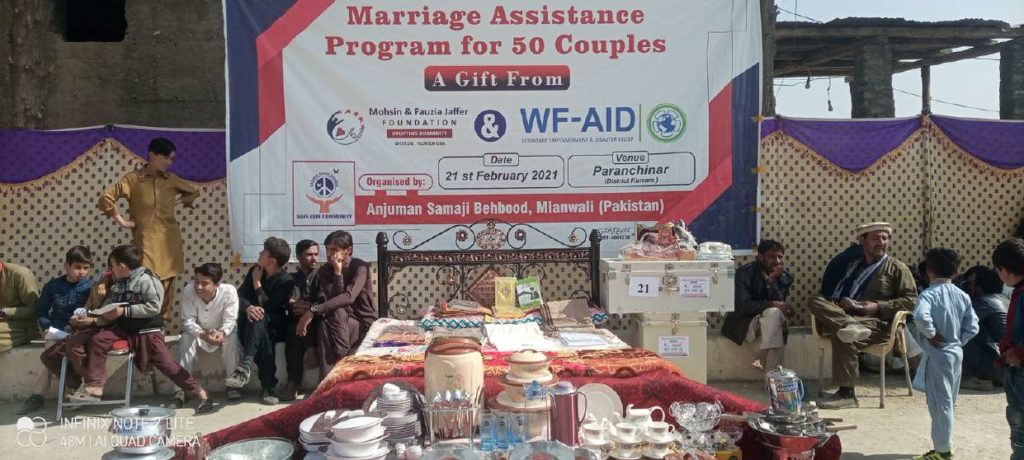
The dowry and household items prepared for each couple 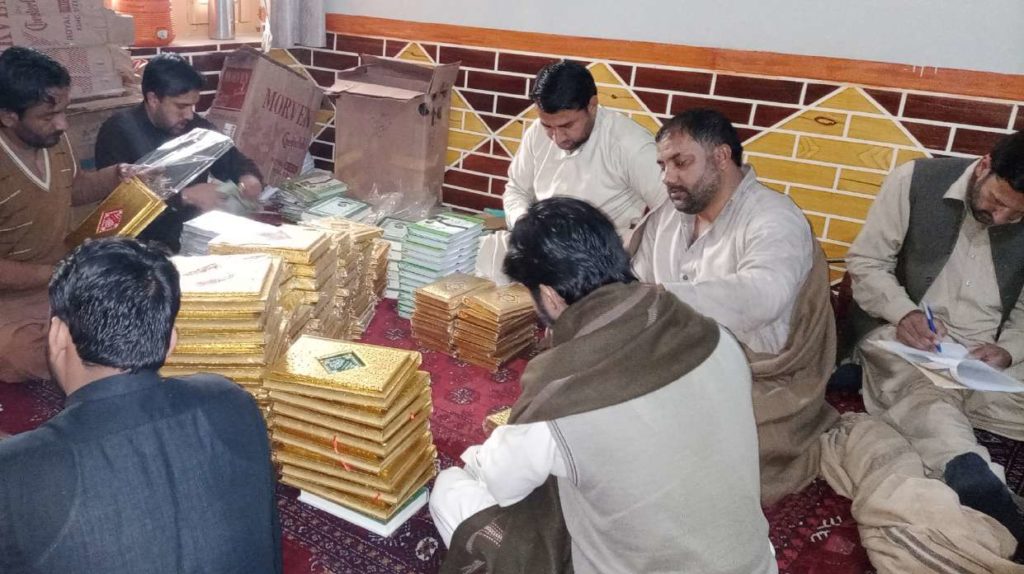
The dowry and household items prepared for each couple 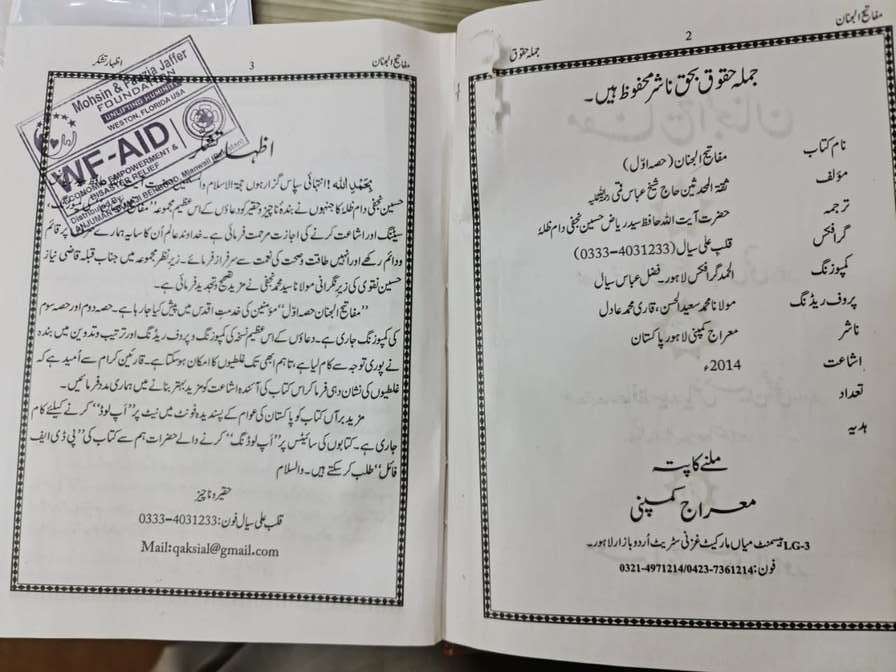
The Holy Qur’an and Dua books prepared for the couples 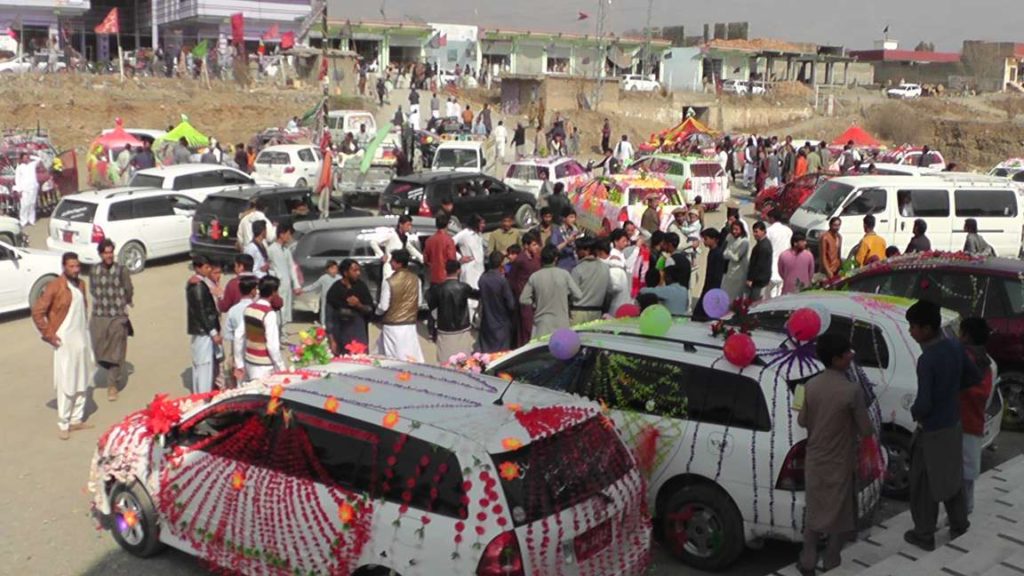
Wedding entourage transport to take the bride and groom to their homes

